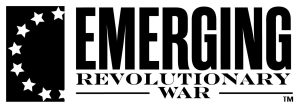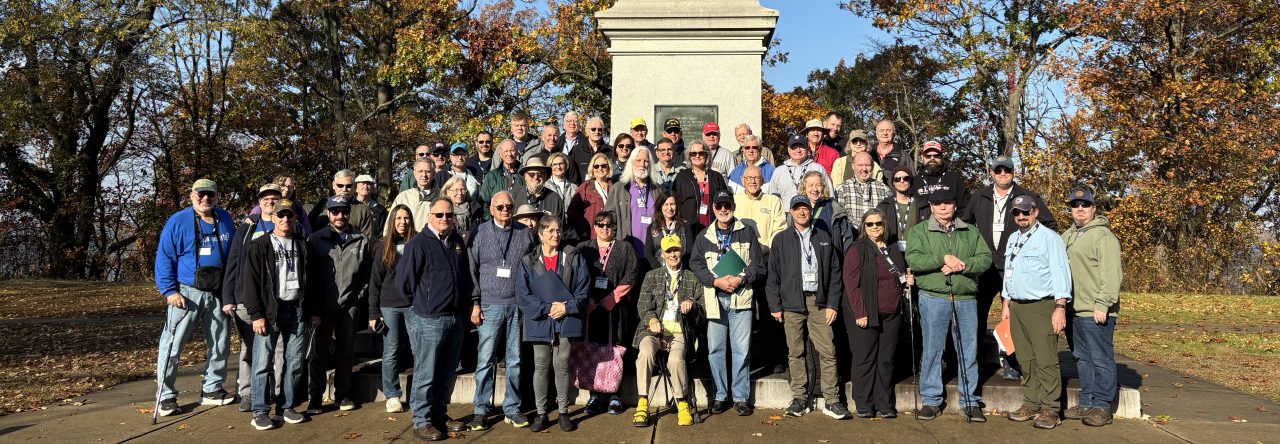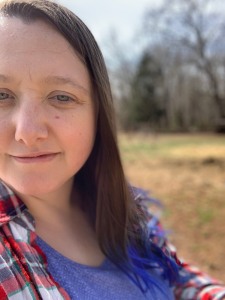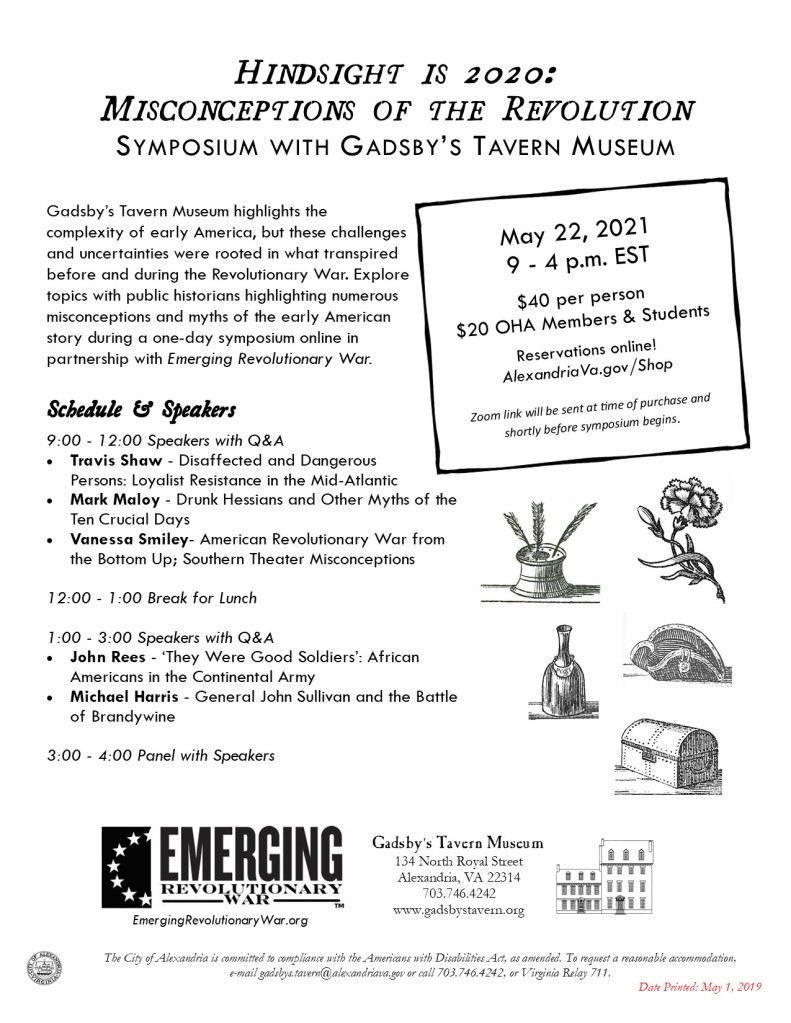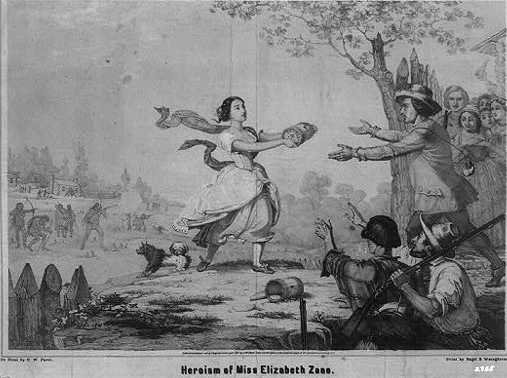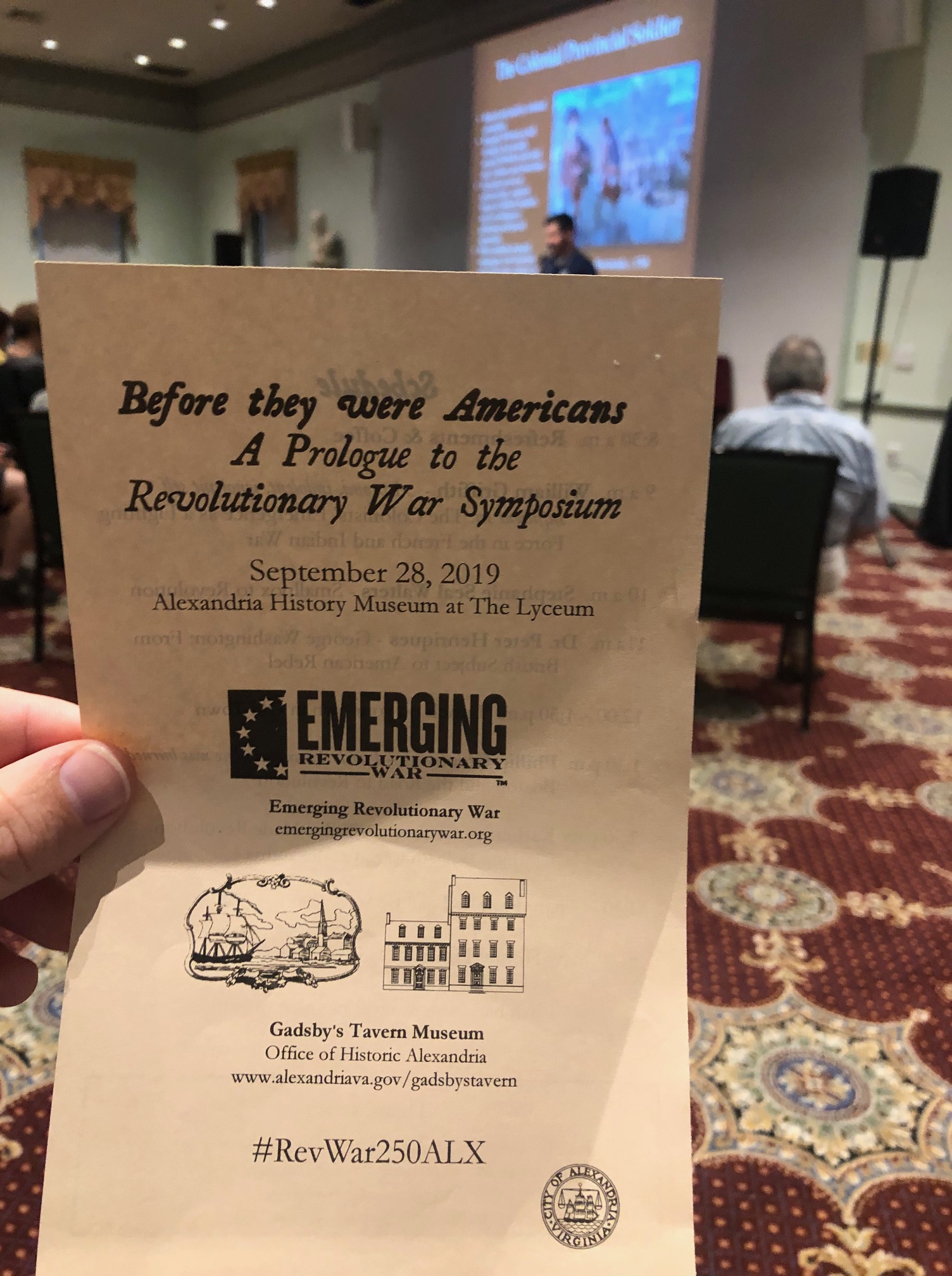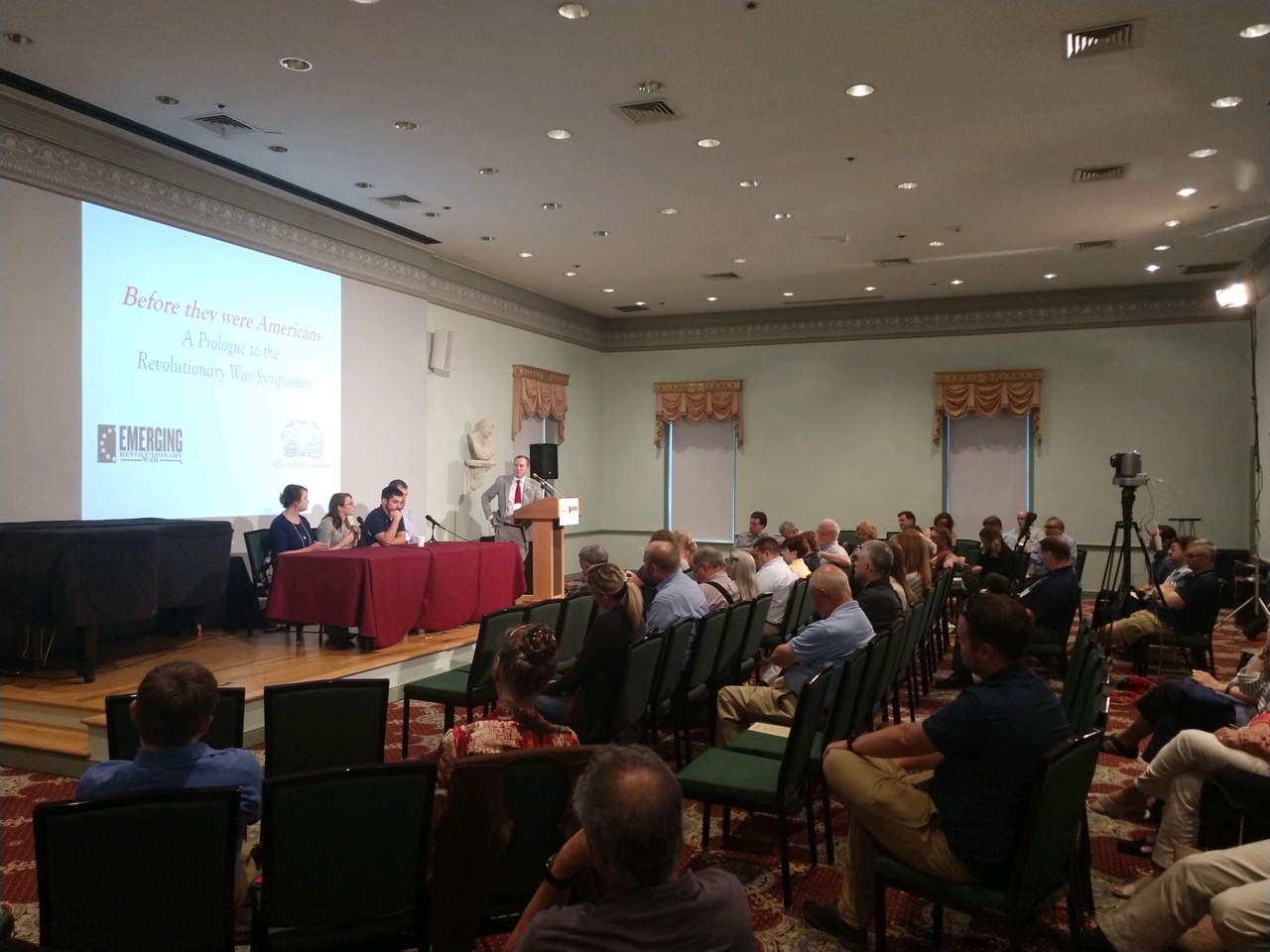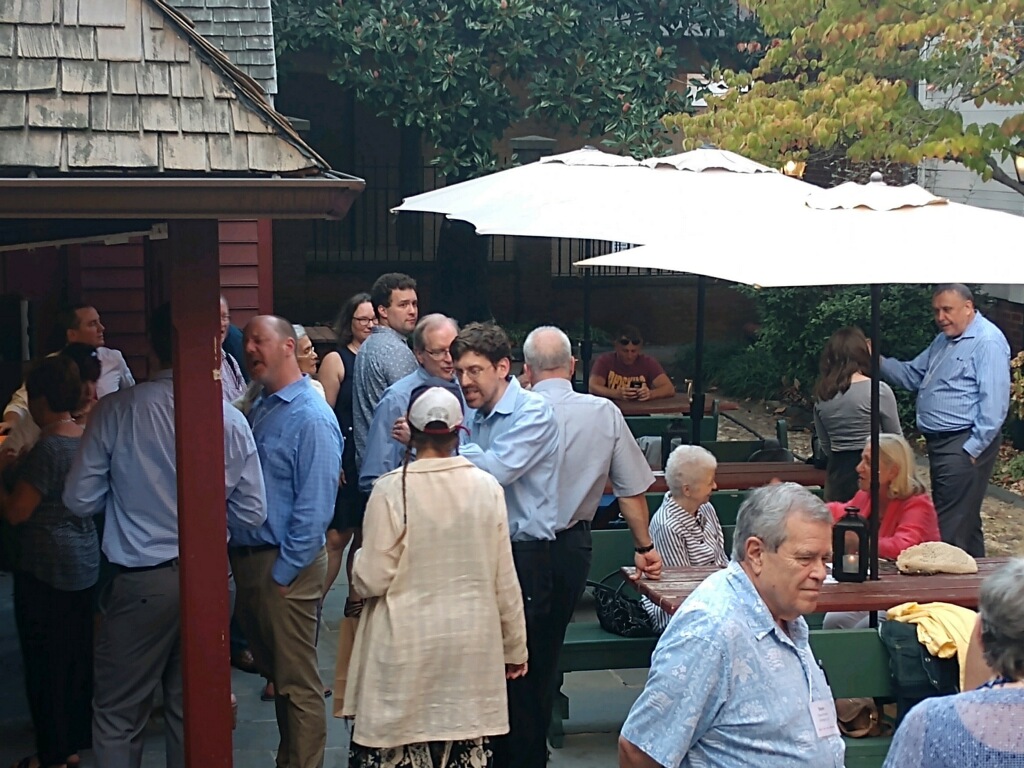Dr. Lindsay M. Chervinsky is a Senior Fellow at the Center for Presidential History at Southern Methodist University and a Professorial Lecturer at the School of Media and Public Affairs at George Washington University. She received her B.A. with honors in history and political science from George Washington University, her masters and Ph.D. from the University of California, Davis, and her postdoctoral fellowship from Southern Methodist University. Previously Dr. Chervinsky worked as a historian at the White House Historical Association. Her writing has appeared in the Wall Street Journal, Ms. Magazine, The Daily Beast, The Bulwark, Time Magazine, USA Today, CNN, NBC Think, and the Washington Post. Dr.Chervinsky is the author of the award-winning book, The Cabinet: George Washington and the Creation of an American Institution, recently out in paperback, and the forthcoming book An Honest Man: The Inimitable Presidency of John Adams.
What first attracted you to the study of early American history? What keeps you involved in the study of this history? Do you find these things are the same or different?
I’ve always been fascinated by trying to envision how people lived during other time periods. So many things are the same — they loved, grieved, nursed ambitions, fought, played, and worked — but so much was also radically different. What did it smell like? What was it like to live without electricity, running, water, or modern medicine? That juxtaposition continues to drive me. The early American period captured my attention for much of the same reason. It feels so distant and different, yet we can see so many parallels and origins that begin at this time. So much of our culture, politics, and government began in the Revolution and is still with us today.
Why do you think it is important for us to study the Revolutionary Era?
There is much about our nation that is new and has evolved over time, but so much of our identity and how we operate can be traced back to the Revolutionary Period, whether it’s our government institutions, our national myths, our culture, or the divisions that still plague us. We cannot understand our current moment without understanding where we started.
What do you think was the most significant foreign impact on the American Revolution?
I think the obvious answer is France’s decision to ally itself with the colonies. The money, arms, supplies, and naval support were integral to the final American victory. However, I’d add one layer that is less discussed and that’s the longstanding animosity between France and England. The history of war between these two nations forced Great Britain to think about the continental and global implications of the war. Once France entered the conflict, the war was no longer confined to North America, but extended to Europe, India, Asia, and the Caribbean. By forcing Britain to divide its attention and resources, France weakened Britain’s grasp on the colonies and fed on its biggest fears, including a French invasion of England. That fear cannot be overlooked.
What are some of the important lessons of the American Revolution do you think are still relevant today?
The American Revolution offers so many important lessons, but here are the two most relevant takeaways.
First, the Revolution offers a really important military history lesson that apparently has to be learned by many nations again and again: it is nearly impossible to subdue a foreign nation by invasion unless you are willing to kill every last man, woman, and child. During the Revolution, George Washington knew that as long as the Continental Army survived, so too would the cause for independence. He didn’t need to win a decisive battle. He just needed to outlast the British army that was thousands of miles from home and dependent on a long, fragile supply chain. The longer the war dragged on, the more expensive the war would become for the British, the more unpopular it would be back at home, and the harder it would be for the British army to wage a huge offensive campaign. Additionally, as British forces antagonized Americans, it became much more difficult for them to acquire supplies locally or maintain emotional support for their efforts. Finally, Washington learned that an insurgency campaign required huge numbers to crush. It would have required hundreds of thousands, if not millions, of British troops to subdue the entire North American continent. The United States learned this same lesson the hard way during the Vietnam War, as did the Soviet Union in Afghanistan. And now Russia is learning it again in Ukraine. While history never repeats itself, it rhymes. Especially military history.
Second, the Revolution teaches us a very important lesson for our nation at home. The war required the colonies to work together. No one colony could take on the mighty British Empire alone. The only way to win was to coordinate actions, pool resources, communicate, and work together. While each colony had its own economic, cultural, and political traditions, they had more in common than they did differences. We were better together then and we are better together now, despite all of our nasty divisions at the moment. Even if we wanted to break up into multiple nations, there would be no way to do so. So we might as well try and make the best of it.
What was it about the American Revolution that elicited such global interest?
In 1776, the world was dominated by empires run by monarchies. From our perch in 2022, we see that colonies have waged successful revolutions and claimed their independence across the globe, but that reality was not a foregone conclusion. Indeed, the idea that colonies could throw off the shackles of monarchy and form a new nation was a radical, and sometimes terrifying, one. Kings and queens across the globe watched with mixed emotions, both hoping that the mighty British empire would be brought down a notch, but also fearing that the revolution would spread to their borders and challenge their rule. They were correct that the revolution would have global implications–for politics, for the economy, for the balance of powers, and for the spread of ideas that would indeed forge the age of revolutions.
